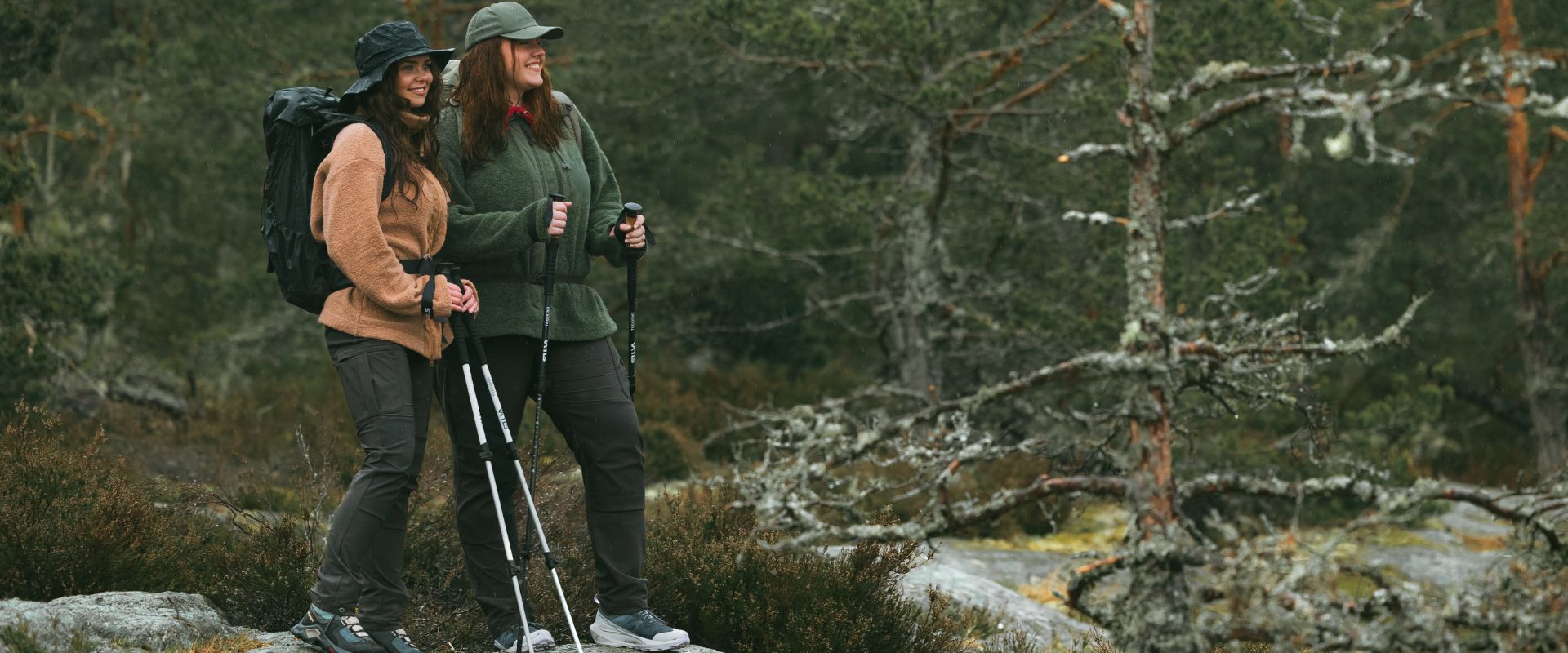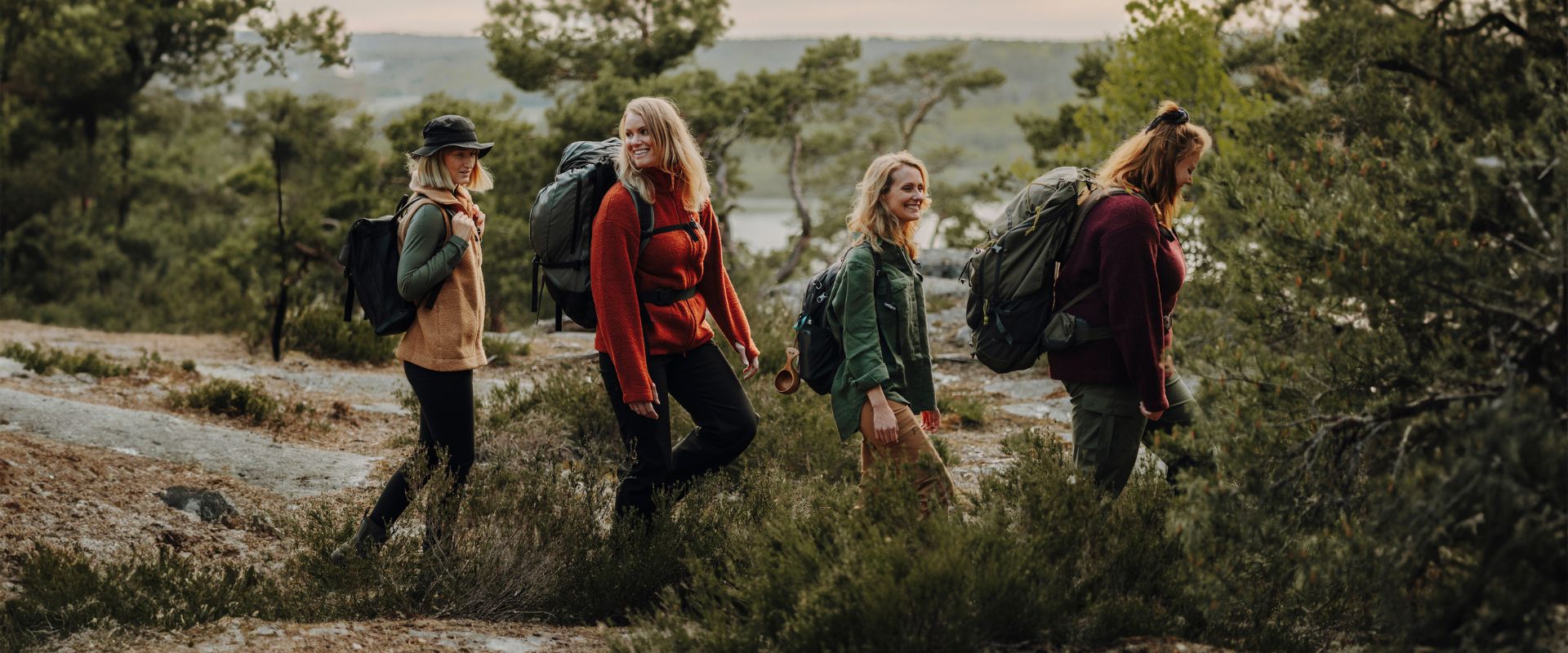
8 ways to navigate in nature without a compass or smartphone
Feeling confident and secure while in nature comes from being attuned to our surroundings. However, sometimes we tend to rely too much on modern navigation tools – like our phone’s GPS or a compass, and while they are both helpful, they might not always replace our common sense or good old-fashioned brainpower.
Sometimes we get lost in nature because we don't pay close enough attention. We might be focused on the path a few meters in front of us, or simply walk around with our ‘head in the clouds’. This can make us miss distinctive features that help us navigate where we are going, or where we came from.
To develop good navigation skills, we need to be intentional about our awareness outdoors – so let’s start with a few ways to enhance our recognition by staying alert and using our senses:
- Stop often and look around you, is there anything that stands out?
- Turn around and look back now and then, as things can look very different depending on which direction you go
- Scan the landscape, and notice whether you are going uphill or downhill
- Can you point towards the last place you stopped? Good! If not, try again
- Keep track of the time and daylight, so you don’t risk being far out when the sun sets

Now, let’s dig into the fun stuff! How can we tell what direction (North, East, South, West) we are going without a smartphone or compass? The fact is Mama Nature is giving us a bunch of clues if we look closely – and if we can spot one direction, we can also figure out the others.
8 ways to navigate in nature by using nature
-
Trees: Trees grow towards the sun and offer directional clues with thicker, larger, and more robust branches on their south side. Try to find an isolated tree to observe this, as crowded forests can overshadow this effect.
-
Lichens: Certain lichens also prefer sun, and can often be seen growing on the southern side of spruces, large stones, and tree trunks. This can be quite reliable when seen on several trees growing together.
-
Moss: Examine rocks and trees. On the north side of trees and rocks, more moss grows – and it’s usually positioned higher up.
-
Anthills: Ants build their mounds on the south side of larger stones and trees, therefore the more sloping side of an anthill faces south.
-
Birches: Look at the birches! The white bark usually extends lower on the south side of the trunk.
- Snow: Observe where the snow melts. In spring, the snow melts fastest in patches on the south-facing slopes.
- The sun: The sun rises in the east and sets in the west. In the northern hemisphere, the sun is in the south at noon, and the shadows will point north.
- Stars: Use ‘the Big Dipper’ (Karlavagnen) to locate the North Star, which lies in a straight line upwards from the front edge of the dipper. The North Star is easy to find as it shines brighter than the other stars around – and it always stands in the north.

Bonus tip: If you carry a non-digital watch, it can also be used as a compass. Hold the watch in your hand and turn so the hour hand points towards the sun. South will now be midway between the hour hand and 12 o’clock on your watch. (13.00 in summertime).
Remember that the above signs don't always apply to every single anthill, stump, or tree – but if look at several different ones, they will most likely give you an idea of the cardinal directions.

We hope you learned something new today, and why not start looking for clues already next time you head out? The more confident we feel when spending time in the wild, the more we will be able to enjoy it!
Hugs,
/Team Astrid




